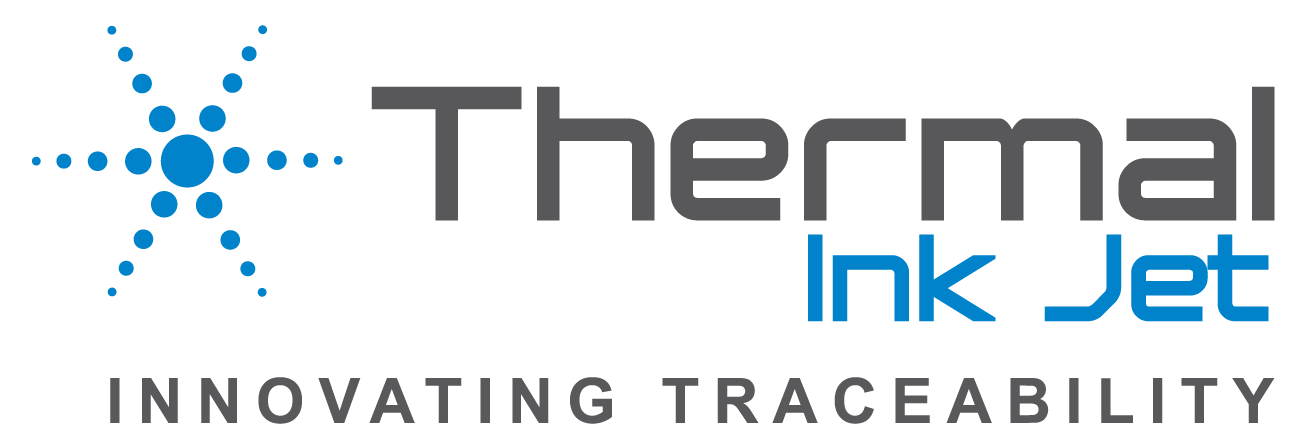Introduction
In today’s global food system, Traceability is critical for ensuring Food Safety and maintaining consumer trust. By tracking agricultural products from the Farm where they are grown to the Fork where they are consumed, traceability systems help ensure that every step of the supply chain is transparent, safe, and compliant with food safety regulations. This practice reduces foodborne illness risks, enhances product recalls, and promotes Sustainability in agriculture.
The Importance of Traceability in Food Safety
Monitoring Agricultural Inputs and Practices
Traceability starts at the farm level by monitoring inputs like Pesticides, Fertilizers, and Feed used in the production of crops and livestock. Farmers can use digital platforms to log all practices, ensuring that sustainable and safe methods are followed. This transparency ensures compliance with food safety standards and allows for quick identification of any potential issues that could affect the product’s quality or safety.
Preventing and Managing Foodborne Illness Outbreaks
Traceability allows for quick action during foodborne illness outbreaks. By tracking produce from farm to retailer, authorities can easily trace the source of contamination and remove affected products from the market. This helps prevent widespread outbreaks, minimizing risks to public health and protecting the integrity of the food system. Technologies like RFID tags and 2D barcodes allow for faster identification of affected batches.
Enhancing Sustainability and Consumer Trust
Supporting Sustainable Farming Practices
Traceability systems also support Sustainable Agriculture by providing detailed data on how food is grown, processed, and transported. Consumers are increasingly concerned about the sustainability of their food, and traceability gives them confidence in the environmental responsibility of their purchases. Companies can track the Carbon Footprint, Water Usage, and Ethical Practices associated with agricultural products, fostering more sustainable consumption.
Transparency and Consumer Engagement
Modern consumers demand transparency regarding the origins and quality of their food. Traceability systems offer them access to vital information through QR codes and Smart labels on packaging, providing insights into the food’s journey, certifications, and production methods. This transparency enhances consumer trust and allows companies to stand out in the marketplace by promoting ethical sourcing and safe practices.
Implementing Traceability for Compliance
-
Meeting Global Food Safety Standards
Traceability is essential for complying with global food safety standards such as the Global Food Safety Initiative (GFSI) and the Food Safety Modernization Act (FSMA). These regulations require food companies to implement robust tracking systems, allowing for real-time monitoring of the supply chain and ensuring all products meet the necessary safety requirements. This compliance reduces the likelihood of food recalls and protects public health.
Efficient Recall Management
In the event of contamination or quality issues, traceability systems enable efficient recall management. By identifying the affected batches quickly, companies can act swiftly to remove unsafe products from circulation, preventing further risks. This minimizes damage to the brand and ensures that contaminated food products are handled responsibly, safeguarding consumers.
Conclusion
Traceability is a vital tool for ensuring Food Safety, enhancing Sustainability, and building Consumer Trust in the agricultural sector. By implementing traceability systems that track food from Farm to Fork, companies can comply with global standards, prevent contamination, and foster a more transparent and accountable food supply chain. As food safety regulations continue to evolve, traceability will remain a cornerstone of the modern agricultural industry.

